While the United States and Turkey have not been on the friendliest of terms, the emerging geopolitical situation in Syria has pushed the NATO allies to collaborate, according to two middle east experts.
“The balance of power in the Middle East can be established promptly between the Iranians, Turks, and Arabs,” he said. “But first, the U.S. must work with Turkey, like President Trump started to do with President Erdogan—that is the first condition. The second condition is for Turkey to stabilize Syria with the help of the U.S.”
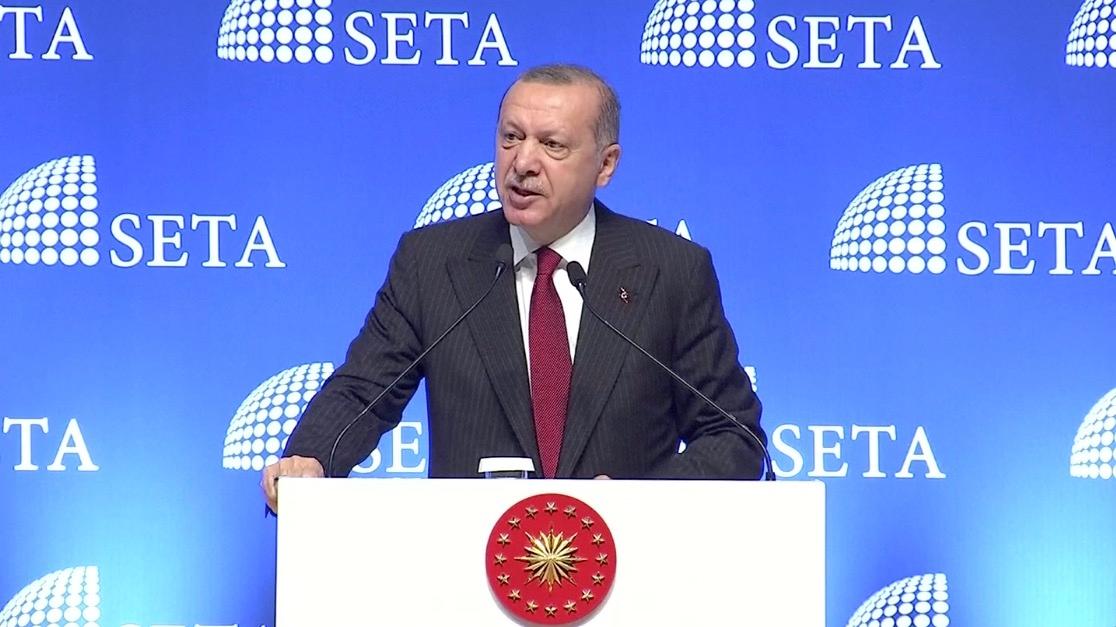
Containment of Russia and Iran
An Atlantic Council report released almost two months before Operation Peace Spring describes the “political and military dynamics in Syria playing at two different levels, with the non-state, Kurdish majority [SDF] engaged in a complex set of negotiations with state-level actors, including the Syrian regime, Russia, the United States, and Turkey.“In parallel, these state actors are involved with different—and often competing—local actors, each with their own demands for post-conflict governance in Syria.”
Gunasti said that the United States should not have allied with the mainly-Kurdish People’s Protection Unit (YPG) to deal with the ISIS terrorist group.
“The U.S. should not have aligned itself with a terrorist organization in the first place,” he said, adding, “The U.S. could have had soldiers from any one of the other 192 countries contributing to the U.S. troops to confront ISIS in Syria.”
He said if the United States had chosen Turkey instead, neither Russia nor Iran would have been in Syria today.
“Nor would Bashar al-Assad’s regime be there. In 2012, then-Prime Minister Erdogan made an offer to President Obama. Turkey was to go in and take out the Assad regime by force with logistic support from the U.S. President Obama made a mistake and refused it. As a result, today, the U.S. is kicked out of Syria.
He said it’s not that Trump withdrew forces from northeast Syria, but that the United States was forced to leave Syria because of what has transpired since 2012.
Gunasti said it’s because of this situation that Russia is likely to be in Syria for the next 50 years, “so long as Russia keeps a growing relationship with Turkey for the foreseeable future.
“Iran, too, will remain in Syria in some form or another, filling the vacuum left behind by the Western powers,” he said adding that Russia needs Turkey to grow economically and militarily and will maintain their relationship for at least the next decade.
“Iran and Turkey have had a balance of power between them since the 1514 Battle of Chaldiran,” said Gunasti. “They will keep their relationship in check, and neither will cross the line that they both know is there. For example, if Iran acquires nuclear weapons, Turkey will acquire the same right at the same time, if not before Iran.”
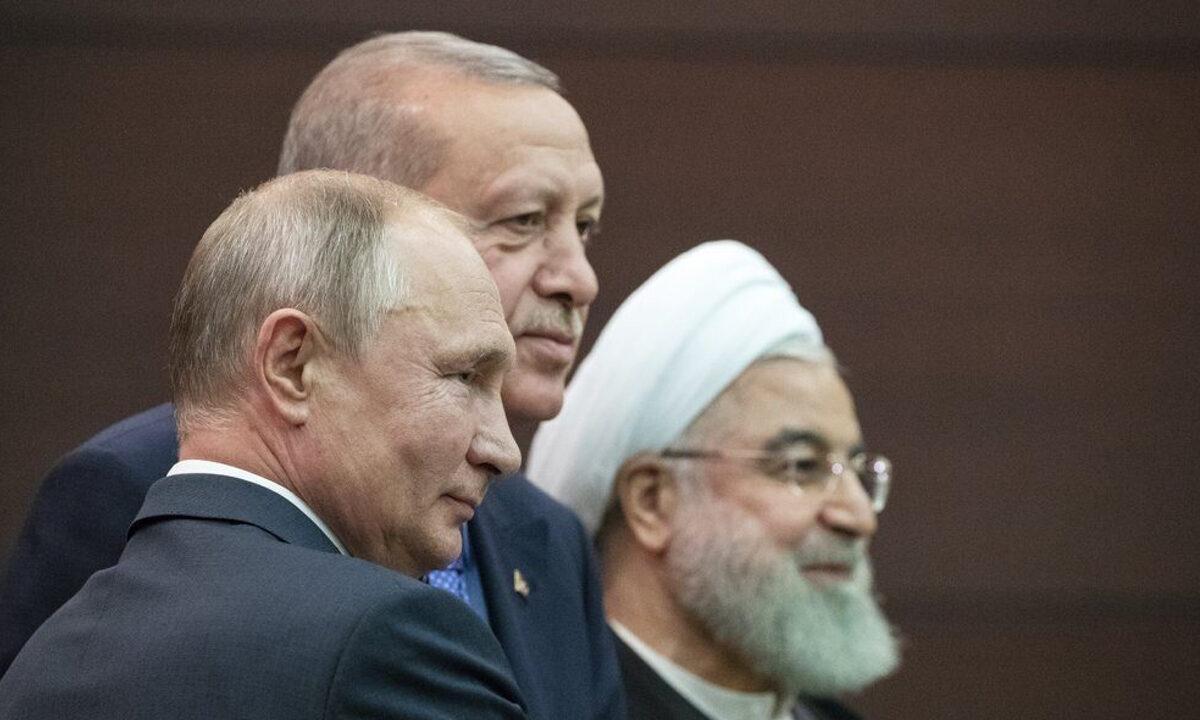
Friedman’s explanation was similar: “Turkey’s importance is clear. It is courted by both Russia and Iran.” He mentioned, however, that Turkey’s relationships with the two are unpredictable because Turkey has many times fought wars against them.
“But Turkey is well aware of history. It is also aware that the U.S. guaranteed Turkish sovereignty in the face of Soviet threats in the Cold War, and that the U.S., unlike Russia and Iran, has no territorial ambitions or needs in Turkey,” he said.
“For Turkey, in the long term, Russia and Iran are unpredictable, and they can threaten Turkey when they work together. The American interest in an independent Turkey that blocks Russia and Iran coincides with long-term Turkish interests,” Friedman added.
Gunasti said it is this geopolitical necessity that brings the United States and Turkey together.
“So, you understand the other reason why President Trump pulled the U.S. troops out of Syria that President Obama never had the wisdom to understand,” he said. “President Obama simply lost Turkey ... President Trump is trying to win it back with the Syrian pullout and other measures in place, but has not announced publicly yet.”
Refugee Crisis Emboldens Turkey
Gunasti said that the refugee crisis in the middle east has given Turkey unique leverage because it’s the land bridge between the middle east and Europe.“President Erdogan told President Trump before he pulled the U.S. troops out of Syria that his alternative was to let the 4 million Syrian refugees march [into Europe]. Not only President Trump but also Chancellor Angela Merkel knew, if they did march, there would not be the European Union as we know it anymore.
“Paris will have a Muslim mayor like London has. And there will be another half a dozen European capitals that will also be in line for a Muslim mayor, not in 30 years but within 5 to 10 years,” said Gunasti.
He said both Trump and Merkel knew they had no choice but to work with Turkey on the refugee crisis and they knew they had to do it on Turkey’s terms.
“The U.S. and the rest of the Western powers, especially those that are leading the European Union, should refrain from starting violence in Africa or Asia because when a bomb explodes there, more refugees will show up at the Turkish border.” He said that, in turn, strengthens Turkey’s negotiating power with the West, because if Turkey, as a land bridge, opens the “flood gates,” Europe “as we know it” will no longer exist.
Gunasti explained that the refugee crisis is extensive and that there are two million Afghan refugees waiting on the Turkish, Iranian border to cross into Turkey.
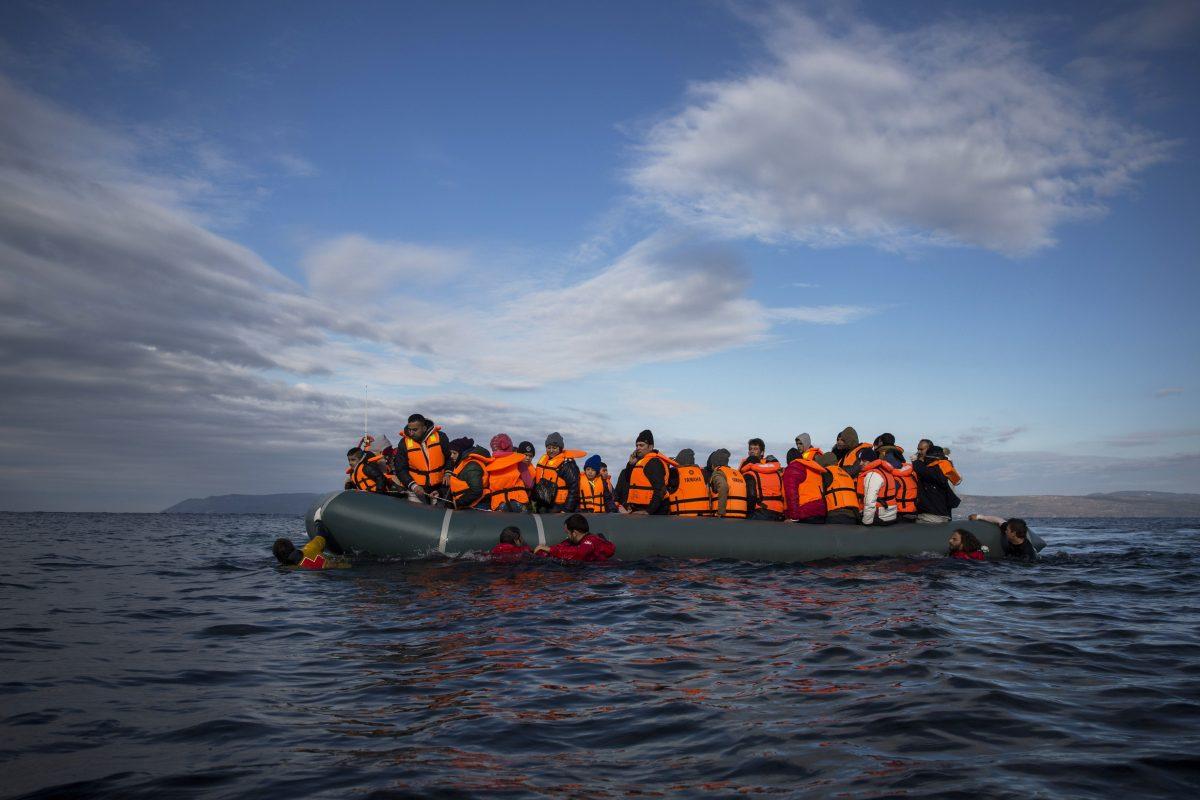
“After that, in the pipeline, no one knows how many million Pakistanis are waiting. In other words, at this time there are 4 million Syrians, plus another 3 million Syrians in Idlip—where Turkey has 12 military posts to keep them there from the fury of Assad regime—coupled with Afghans and Pakistanis, which brings the total number of refugees ready to take over Europe to more than 10 million,” he said. “They are all under the control of Turkey.”
Gunasti said the “calamity is at the door” and it’s this scenario that pushed Trump to withdraw from northeastern Syria and this is the reason why he now considers the YPG as “terrorists” and why he recently said the “Kurds are not angels.”
“The calamity is at the door. The refugees are an existential problem for Western Civilization whereas the only country that can keep Western Civilization alive and well as we know it in Europe is Turkey—that is the leverage Turkey has. That is the importance of Turkey today and will continue to be in the 21st century increasingly,” he said.
In this geopolitical context, Gunasti said Trump should cooperate with Turkey because he has no other “luxury.”
“Without Turkey remaining as a close ally to the U.S., the U.S. cannot maintain its superpower status in the world. Period,” he said.
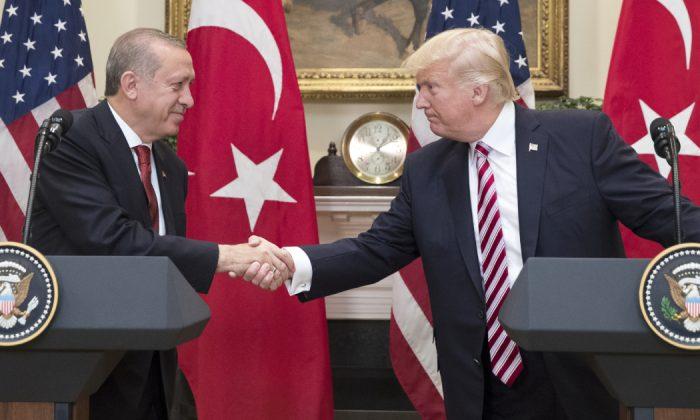

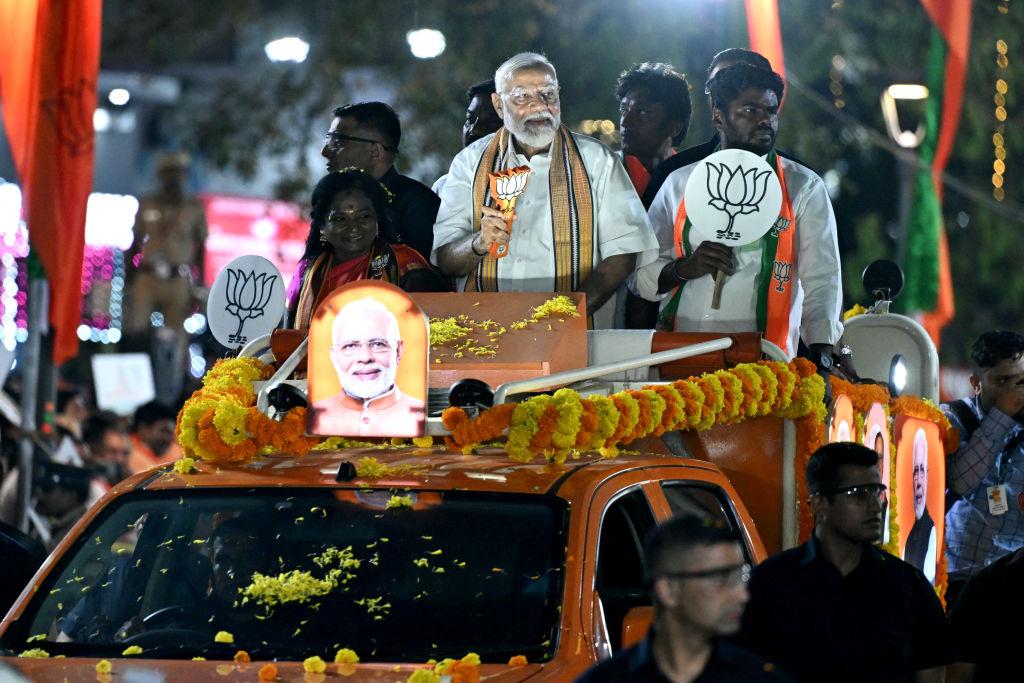


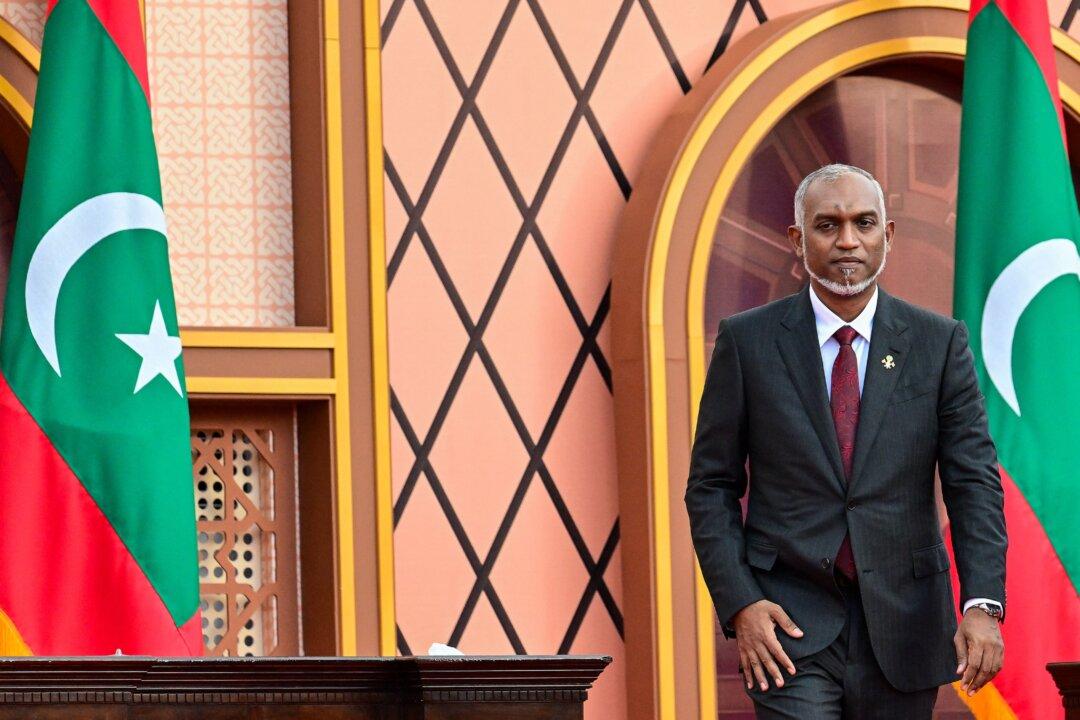
Friends Read Free